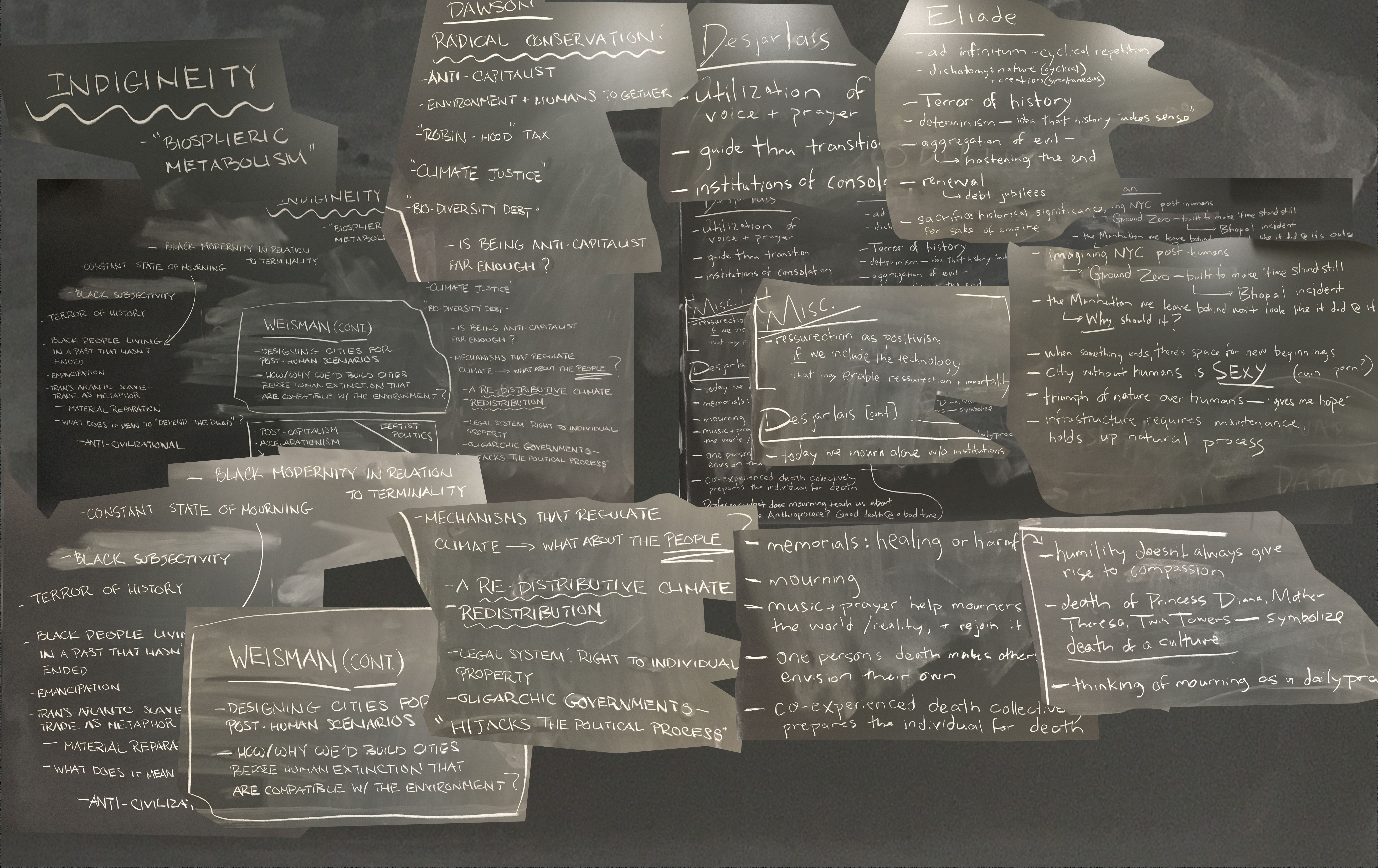Group Post October 9th
Elsie, Meredith, Dani G, Dani D
One aspect of our conversation with Les of VHEMT that I find salient is the notion that not having children is resisting capitalism. One of the big concerns for countries with declining birth rates is how to maintain a working-age population. As workers are responsible for the reproduction of capital, without workers capital would decline and eventually cease to exist. Of course, it’s not that simple– different populations produce and consume different amounts. The effects of a “productive” society having a fertility crisis would be far greater blow to the capitalist machine than an “unproductive” society. By productive and unproductive I am referring to material production of capital. The two articles below explore the effects of fertility crisis in two different contexts– Japan and the United States.
https://www.nytimes.com/2017/06/02/business/japan-population-births.html
https://www.nytimes.com/2013/04/17/opinion/the-false-alarm-over-us-fertility.html
In Margaret Atwood’s book ‘A Handmaid’s Tale’ fertile women are essentially enslaved and forced to carry children for the society of Gilead. As the story goes– the United States is faced a fertility crisis (there is a vague reference to a nuclear bomb as the cause), certain evangelical communities felt this was punishment from God for their sinful ways, hilarity ensued, and the new ultra conservative society of Gilead takes over power. This new society is hyper focussed on the procreation as the only way to protect the future of Christianity. The New Yorker article below refers to Gilead as a reproductive dystopia, where every aspect of reproduction is controlled by the patriarchal government.

Recent Comments